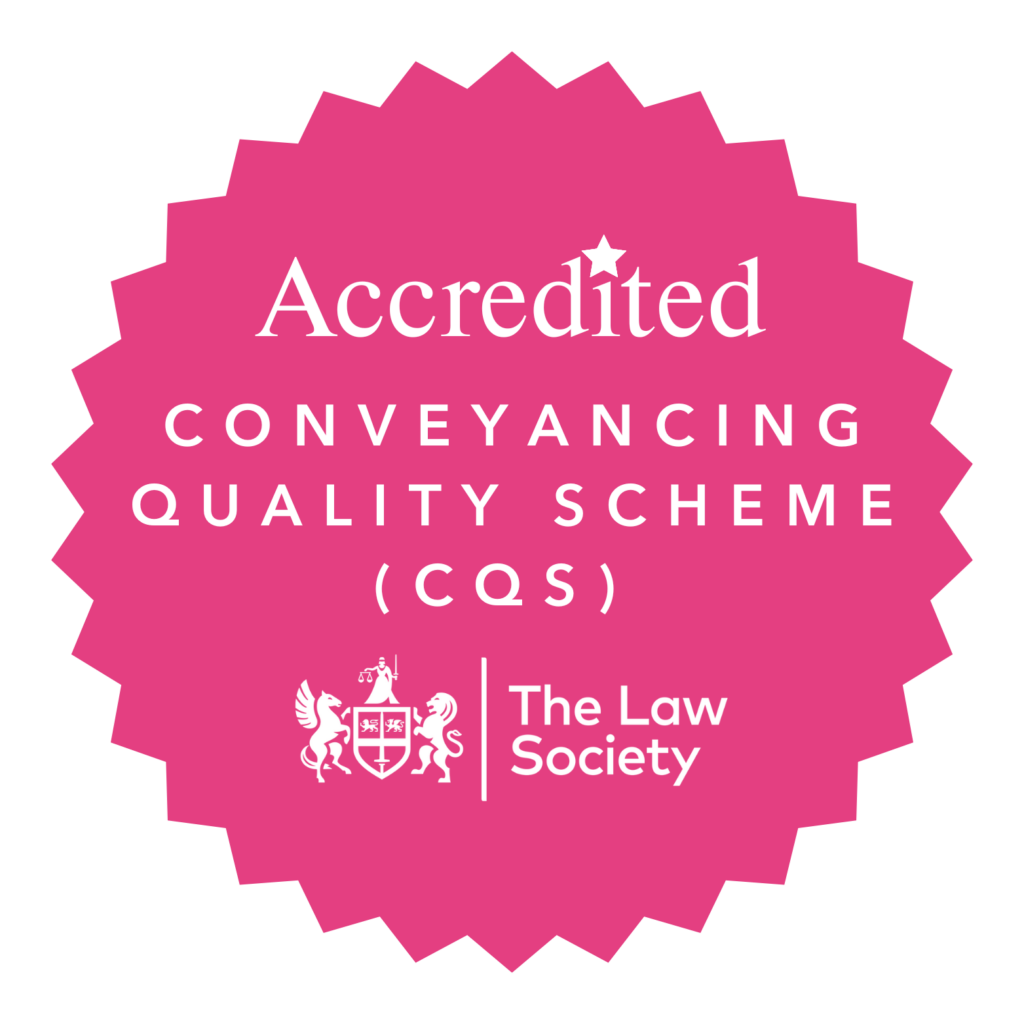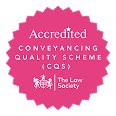BEC Construction Limited v Melt Hythe Limited [2020] EWHC 970 (TCC)
The Fact:
This is a High Court case in TECHNOLOGY & CONSTRUCTION division.
The Defendant Melt Hythe Limited is a company registered in England and Wales. Its registered office is at an address known as Sunnyside, 40 Elwick Road, Ashford, Kent TN23 1NN.
The Defendant had engaged the services of the Claimant, BEC Construction Limited. In or around 15 July 2019, the Claimant terminated the contract and the parties entered into money claim proceedings.
On 9 December 2019 the Judge made order for future case management and service. Accordingly, on 9 December the Claimant took the documents in question to the address, Sunnyside. That address is an address which the Claimant understood to be the principal place of business of the Defendant, that being the address used in the Contract between the parties, and that being the Defendant’s registered address. However, Sunnyside is also the address of a dental practice of which the Defendant is also a director.
The Claimant left the documents at Sunnyside with Miss M, who worked for the dental practice operating from that same address. Mr B, The person who took charge of serving the documents entered the premises, went to the reception desk and then put the documents on the reception desk. Miss M signed for receipt.
The Issue
The Defendant applied to set aside the judgement in default on grounds that the Claimant’s service of the proceedings was invalid.
The Defendant relied on the ground that the Claimant had wrongly effected personal service on the receptionist at Sunnyside rather than delivering to or leaving at a permitted place.
The Decision
In accordance to CPR 7.5, a claim form can be served in various ways, including by ‘leaving the document at the relevant place’. The ‘relevant place’ pursuant to CPR 6.9(2) was the Defendant’s principal office, ie its Kent address. It is also held that personal service was not effected as the document was left on the counter instead of handing in to the receptionist. Therefore the service was valid and the Defendant’s application was dismissed.
Lessons Learned
Where multiple businesses operate out of a multistory building, the serving party needs to take care that they are actually in the ‘relevant place’ to effect valid and defensible service on a defendant—if, for example, a defendant’s address specifies a floor number within an address, every effort should be made to leave the claim form on that floor.
For defendants, a clear lesson is not to conflate personal service with service at a permitted place when challenging the validity of service. Parties in proceedings (especially those sharing premises with other businesses) should ensure that their service address is sufficiently distinguished in order to avoid the risk of being deemed served with a claim form left at the reception of another business. To this end, they should also ensure that any building they occupy with other businesses is appropriately demarcated, and staff are trained to respond appropriately if proceedings are delivered to them.
However in this case, unfortunately for the Defendant, the address had no designation to distinguish it from that of the dental practice.
Have questions? Contact us today!
In the meantime, we are operating as usual, and you can reach us on 020 7928 0276 or email in to info@lisaslaw.co.uk for any questions you may have on this topic.
Or, why not download our free app today? You can launch a new enquiry, scan over documents and much more.
If you have an iPhone, follow this link to download.
If you use an Android phone, follow this link to download.
Find the link here if you need some further instructions on how to use our new app!











